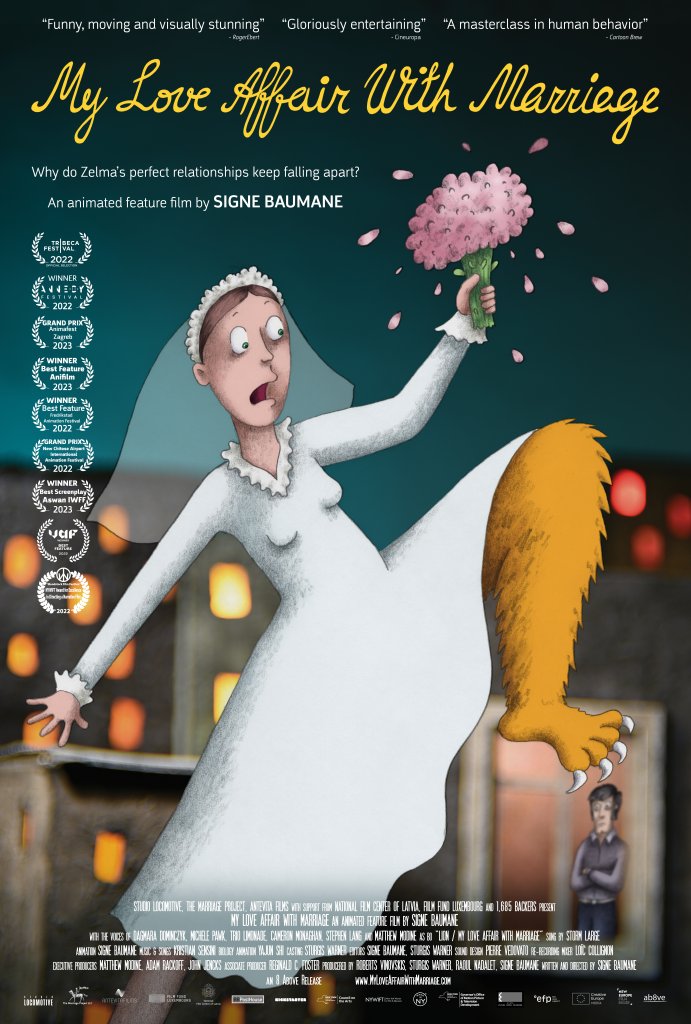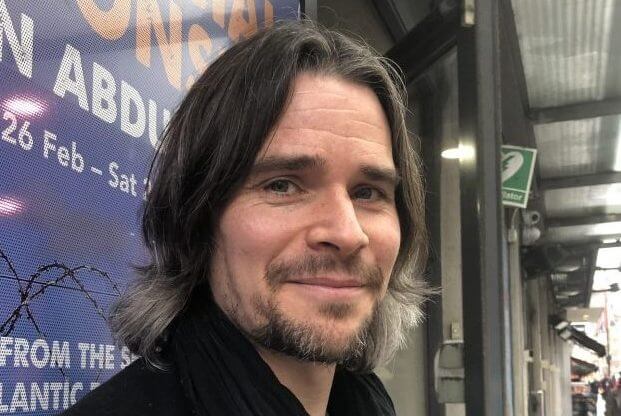Sing: A Q&A With Director Kristof Deak

Sing, also known as Mindenki, depicts a semi-true story around schoolchildren in 1991 Budapest. Zsófi is a transfer student and is invited to join the prized school’s choir. The teacher headlining the group appears to be friendly enough, even giving the children candies at the end of class, but reveals her true colors when she immediately forbids Zsófi from singing in the group, and tells her to pantomime singing alone with everyone. Zsófi’s friend, Liza, begins to figure out something is wrong, and it is soon revealed in a humiliating moment that the teacher’s manipulations have been going on for quite some time. Can the children think of a way to outwit the cruel scheme and allow everyone a chance to sing?
FRONTRUNNER speaks with director Kristof Deak.

It has been said that this is partially based on a true story. Can you tell us more about the background? Any liberties that had been taken?
I like to say the film is inspired by a true story – the first half is anyway. The twist ending of the film is something I invented. The original anecdote came from a Swedish flatmate of mine, she was in a big choir where she was told to mime instead of singing out loud.

“Mindenki” means “Everybody,” but the film’s international title is Sing. What instigated this change?
It was really the other way around – the international title came first. I first had the original English title – I loved its terseness and the irony it lends to the story. I needed something similarly short and double-edged but the Hungarian equivalent of “Sing” didn’t work.
The original Hungarian title refers to the instruction ‘Tutti’ often found in sheet music – a part in the score when the entire choir is required to sing. I thought it would be nice to keep the irony and change the word used.

How did you choose the musical selections for the film?
Some of them were my favourites but mostly I had great help from our composer Ádám Balázs and the choir director Mónika Molnár. We needed songs which were similar in terms of key and represented a broad variety of Hungarian choir music but were also in tune with the script and the important story beats. Ádám showed me his father’s composition called ‘Elderflower’ – the beautiful song your hear at the end of the film.
What themes do you want the film to explore and reflect?
I like to think of it as an ode to the power of standing up united. A study of how ‘divide and conquer’ works on a small scale and how it could be defeated in an ideal world. Sing is about the question of whether we can keep our compassion and empathy alive in a very competitive world, one that only awards results and tries to turn us into slaves of success.
What is it like filming a piece focusing mostly on child actors?
It was a wonderful experience for me – I got so much out of working with them. They buzz with natural creative energy and reward you for allowing them to channel it into something new and interesting. The two child leads were so focused and smart I could talk to them about the script and about their character just like I do with grown up actors.
How does it feel that the film was won/been nominated for awards?
The part that excites me the most is that many people will get to see it this way, all around the world. It has been well received in places as diverse as Greece, Japan, Russia, France, Spain, USA, Canada, Korea, India etc…
What do the candies represent?
The kids who don’t get to actually sing in the choir still get something out of it (as well as belonging to a group) – they get candy at the end of each rehearsal so at least they have something to look forward to… An innocent looking bribe at the beginning, that feels to the kids like Judas’ thirty pieces of silver by the end.
Tell us more about your upcoming projects.
I’m currently in post production on an original sketch series I wrote and directed for Paramount Channel called Come Around – it’s about a guy in a coma. Next in the pipeline is my short film project called Best Game Ever, a fresh look at the role of AI in our lives today.











Responses